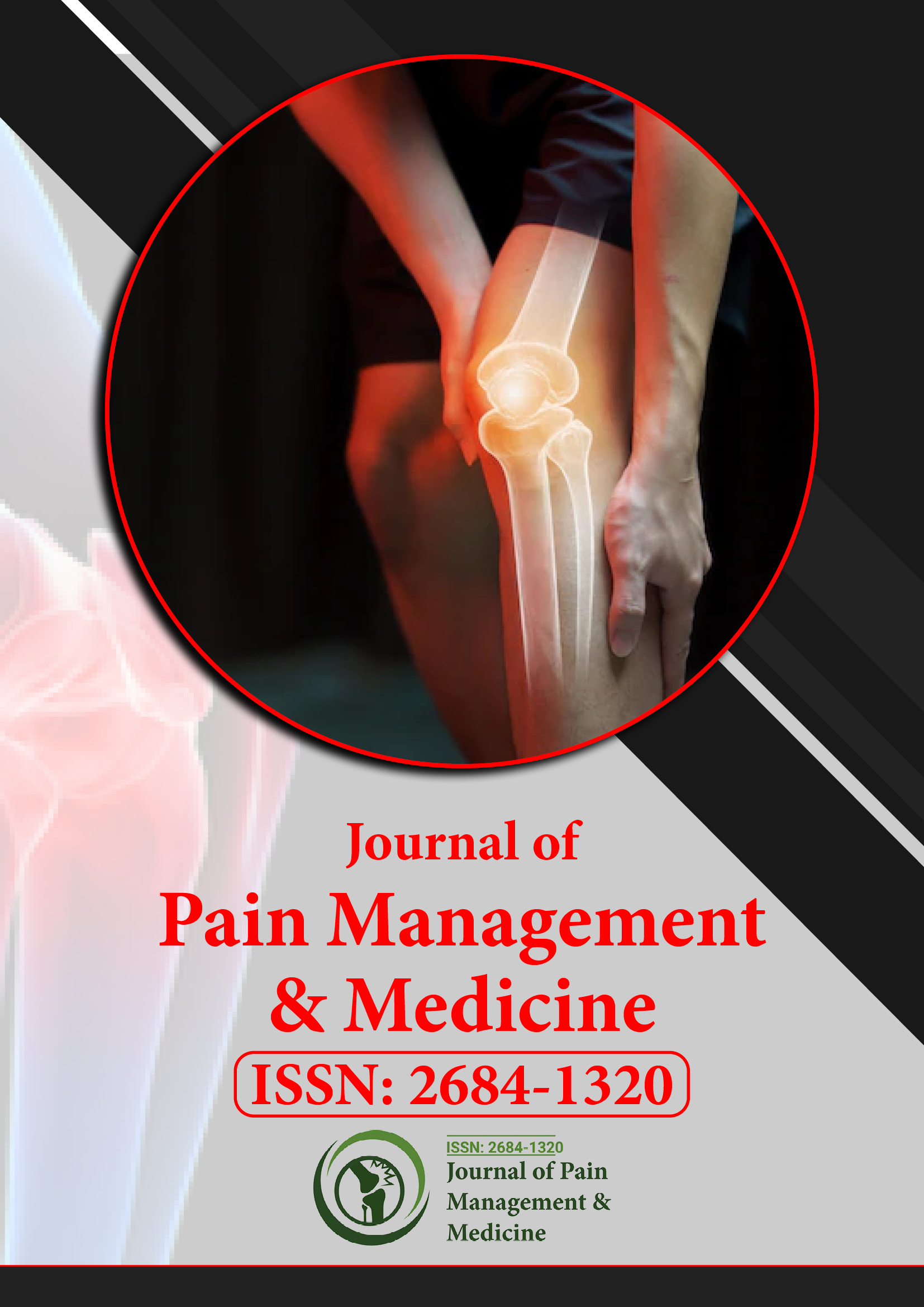indexado en
- Búsqueda de referencia
- Universidad Hamdard
- EBSCO AZ
- Publón
- pub europeo
- Google Académico
- Mercado de acceso abierto de calidad
Enlaces útiles
Comparte esta página
Folleto de diario

Revistas de acceso abierto
- Administración de Empresas
- Agricultura y Acuicultura
- Alimentación y Nutrición
- Bioinformática y Biología de Sistemas
- Bioquímica
- Ciencia de los Materiales
- Ciencia general
- Ciencias Ambientales
- Ciencias Clínicas
- Ciencias farmacéuticas
- Ciencias Médicas
- Ciencias Veterinarias
- Enfermería y Cuidado de la Salud
- Genética y Biología Molecular
- Ingeniería
- Inmunología y Microbiología
- Neurociencia y Psicología
- Química
Abstracto
Un alto nivel de factor neurotrófico derivado del cerebro (BDNF) y una baja flexibilidad psicológica se asocian con síntomas de fatiga
Nalinee Yingchankul, Patama Gomutbutra, Siriporn Chattipakorn
Antecedentes: Estudios recientes han demostrado que mejorar la flexibilidad psicológica podría mejorar la interferencia de la fatiga. Se ha propuesto que el factor neurotrófico derivado del cerebro (BDNF), la variabilidad de la frecuencia cardíaca (HRV) y el cortisol son biomarcadores de la flexibilidad psicológica. Nuestro estudio tiene como objetivo explorar la asociación de la fatiga con la flexibilidad psicológica y los biomarcadores relacionados.
Método: Un estudio transversal recopiló datos de un voluntario consciente característico de la línea base. Cada participante se autoevaluó con el cuestionario de fatiga y flexibilidad psicológica. Se evaluaron los posibles biomarcadores relacionados con la flexibilidad psicológica, incluidos la variabilidad de la frecuencia cardíaca, el cortisol sérico y el BDNF, en el plazo de una semana después de responder el cuestionario.
Resultados: Se incluyeron 47 mujeres sanas, incluidas 22 enfermeras y 25 estudiantes de terapia ocupacional, con una media de edad de 29,70 ± 12,55 años. La prevalencia de fatiga es del 38,30%. El análisis multivariante mostró que los factores independientes asociados con la fatiga incluyen flexibilidad psicológica negativa (OR 1,31, p=0,03) y BDNF alto (OR 1,33, p=0,05).
Conclusión: Nuestro estudio encontró que la flexibilidad psicológica y un nivel alto de BDNF eran factores independientes asociados con la fatiga. Este resultado proporciona información de que la intervención que aumenta la flexibilidad psicológica puede prevenir los síntomas de fatiga. Un nivel alto de BDNF puede reflejar la respuesta adaptativa de la persona con fatiga y puede ser un posible biomarcador para detectar estados de fatiga temprana.